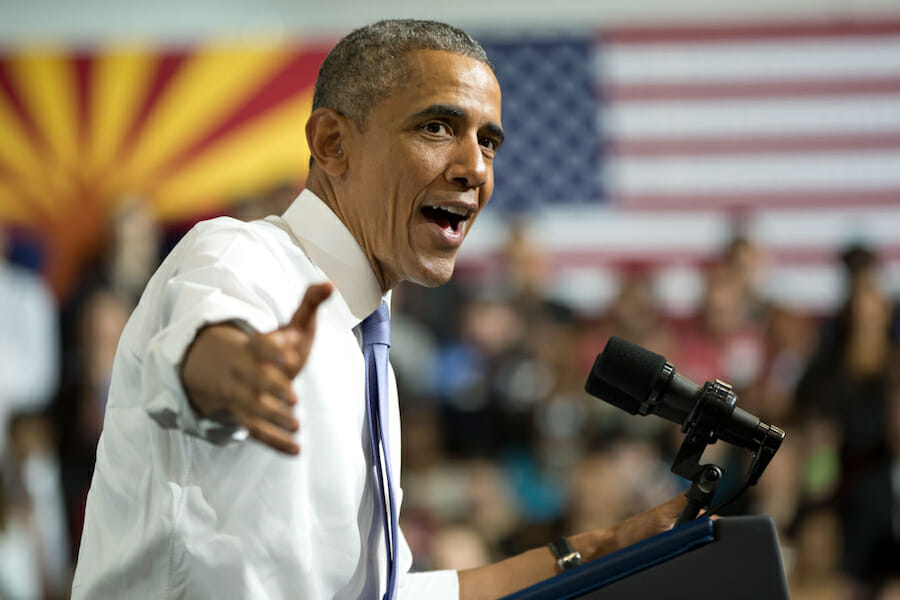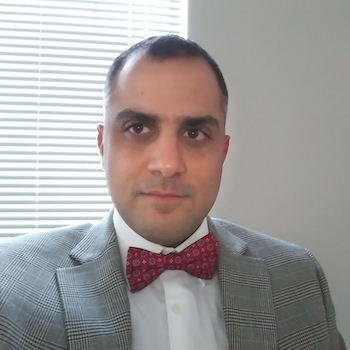
Politics
Making Economic Sacrifices Today for a Stronger Tomorrow
In the United States today, we have a country with growing debt obligations, residing within a still insecure domestic economy, residing within an ever changing and unstable international system. It is time to recognize this and treat economic issues seriously as they relate to state power. As of today, the United States finds itself in the midst of a multiplicity of threats: a Russia determined to expand, a still powerful Islamic State, a fragile cyber infrastructure and the still relevant issue of the intentions of China. How does a state confront and simplify these issues?
First, we must determine what we know is true. We know that the economy is the backbone of a country’s military power. We know that tax dollars are needed for states to invest power in all forms: military, economic and soft power. We know that the more a country prospers, the more taxes an economy can afford to pay. Hence, a strong economy is needed to project power and ensure that enemy states and non-state entities behave well. Countries need to produce wealth in order to secure itself from its enemies. Therefore, the economy of the United States, and its economic recovery, is a national security issue. As a consequence, economic security must remain secondary to political ideology and party allegiance.
Let us begin a debate on the future of the U.S. budget as it relates to international security. On January 20, 2015, President Obama gave his State of the Union speech. Many expected the topic of conversation to be controversial, particularly the rise in corporate taxes and capital gains tax on the wealthy. I recommend, as a student of international relations, that citizens be prepared to take on their responsibilities even if it means paying more taxes than others.
According to economists, any sustainable economy needs a strong middle class which creates businesses and innovates. The middle class needs affordable education and programs to adapt to a dynamic world economy. This translates into financing community colleges and other programs that teach a trade such as carpentry, masonry and so on. Important as well are programs on entrepreneurship, accounting and finance that help individuals start their own businesses. Businesses hire people. Those who are hired will earn money and consume which leads to more hiring and so completes the cycle of economic life. It is Fordism, it is progress and it is what made the United States the greatest military power at the beginning of the twentieth century.
Pragmatically, if there is a weak spot in an economy, it would be wise to bolster that part of the economy to ensure diversification. Diversification is important to economic stability so that an economy has more than one sector to fall back on. As of today, that vulnerability is indeed the middle class. The middle class must be strengthened for two reasons. First, if the middle class is doing well, everyone is doing well. When they prosper, they consume more and pay more taxes. As such, they contribute to the United States’ position in the international system. Second, the middle class serves as a traditional source of strength and pride. The middle class and the promise of a better tomorrow is the reason people go to work in the morning. This forms the foundation of the American identity and its reputation. It is why people come to the United States in the first place.
On the topic of reputation. It seems as though economic inequality is undercutting the idea of the American Dream. The lucky ones are those with the capital to invest and reinvest in the stock market. The stock market is doing very well as compared to the rest of the economy. The Dow Industrial Average peaked at over 18,000 point by January 1st 2015; in 2009, it loomed around 8,000. As of today, many do not have the capability to invest. If members of the middle class were doing better they would invest, which would drive stock prices higher. Hence, if the middle class prospers so will everyone else, including the wealthy.
Some argue that the state should never raise taxes to support another sector of the economy. Let the wealth trickle down. As we can see, this has not happened as smoothly as predicted and we do not have the luxury to wait until it does. Wealth must be made to trickle down. Unfortunately, for this to happen, some mechanism must be in place. Putting aside all debate on whether or not private actors are more efficient than public actors, the bottom line remains that the state exists as that mechanism. The state exists to get individuals to do what they may not be so inclined to do: such as defend borders, consolidate alliances and provide public goods like maintaining roads, fire departments and police forces. The state allows the wealth to trickle down.
Taxing the wealthy will infuriate many, but not the masses; it may well do more good than harm. Taxing the top 20 percent will not make people leave the country. It will certainly not make people run to the mountains to start another civilization. It is wise not to base your political and economic beliefs on a work of fiction posing as philosophy. The United States is one of the best places to invest and do business. The United States has some of the best universities, a justice system, an accountable government, an educated workforce and the freedom to do and say anything you please. As of today, I speculate that the United States stock market can only go up; all other economies are in serious trouble: China, Japan, countries of the European Union, these places, are simply too unstable for the investor’s taste.
I am certainly not saying that the United States government can do what it wants at anyone’s expense. However, I am saying that at this point in time, it is crucial for members of government to recognize the present dangers: that without a strong middle class, there might be no tomorrow to look forward to.
Furthermore, in order to get the budget balanced, the debt reduced and the economy right again, all must do their fair share. Government spending must also decrease. Welfare fraud must be confronted and people have to get back to work to pay their taxes. Living in the United States truly is a privilege. And so, it becomes necessary for a divided people with its divided government to come together to solve issues undermining this country’s economic prosperity.
There is certainly no shame about being wealthy. And we cannot think of the taxman as a force that takes away the freedom of individuals. Uncle Sam wants us to make some tough decisions. He wants us to remember the ideal that made America great. He wants us to preserve the American Dream so that others can create a better life for their children. Tough decisions must be made to move this country onto the path to prosperity. George Washington once said: “But it is necessary that public opinion should co-operate. To facilitate to them the performance of their duty, it is essential that you should practically bear in mind that towards the payment of debts there must be revenue; that to have revenue there must be taxes; that no taxes can be devised which are not more or less inconvenient and unpleasant.” The United States must act like a state; a unitary actor. It must do what is best for itself in its long-term best interests. It must defend its security, its prosperity and its reputation and recognize that its economy is the source of its strength.
